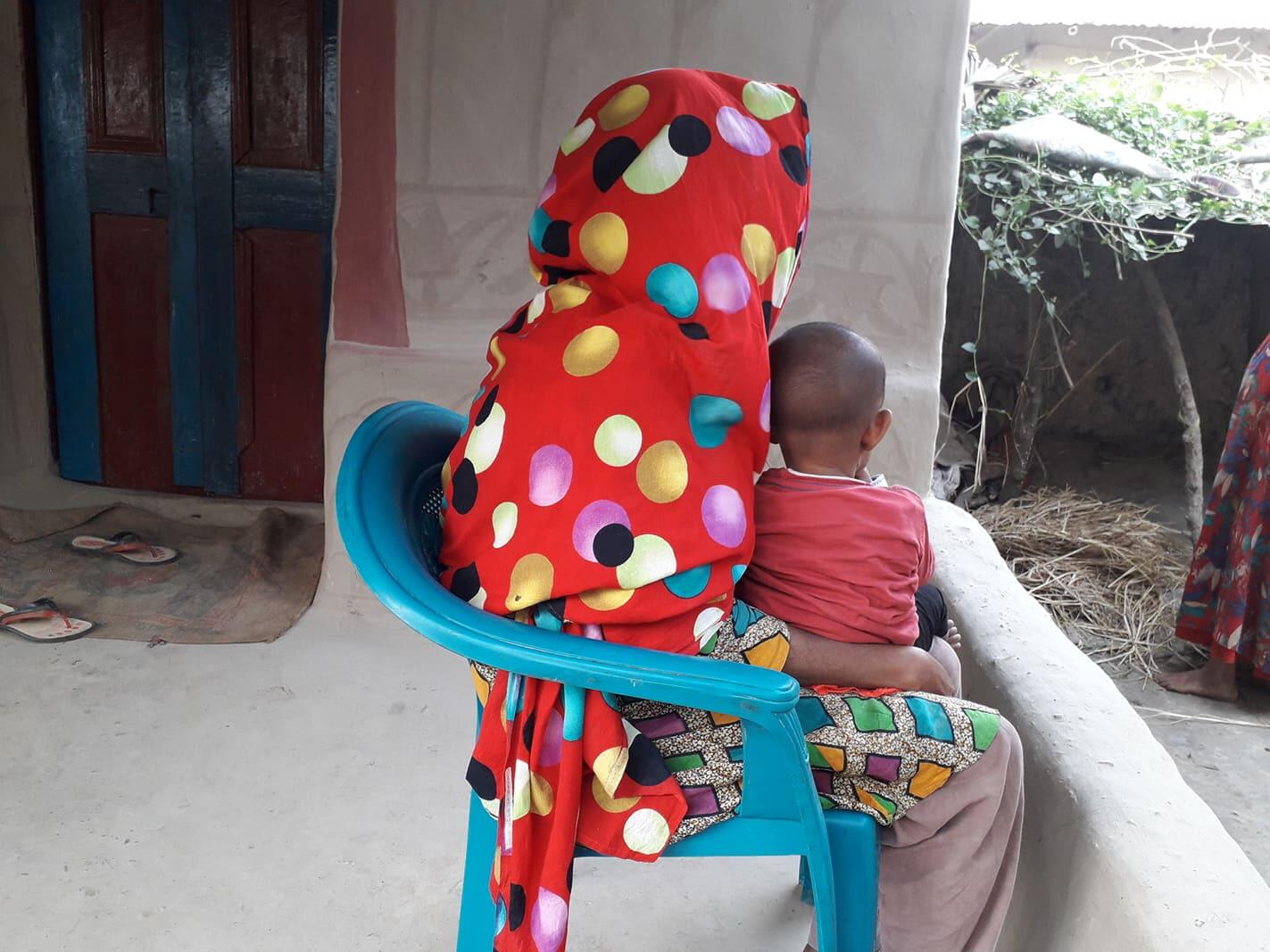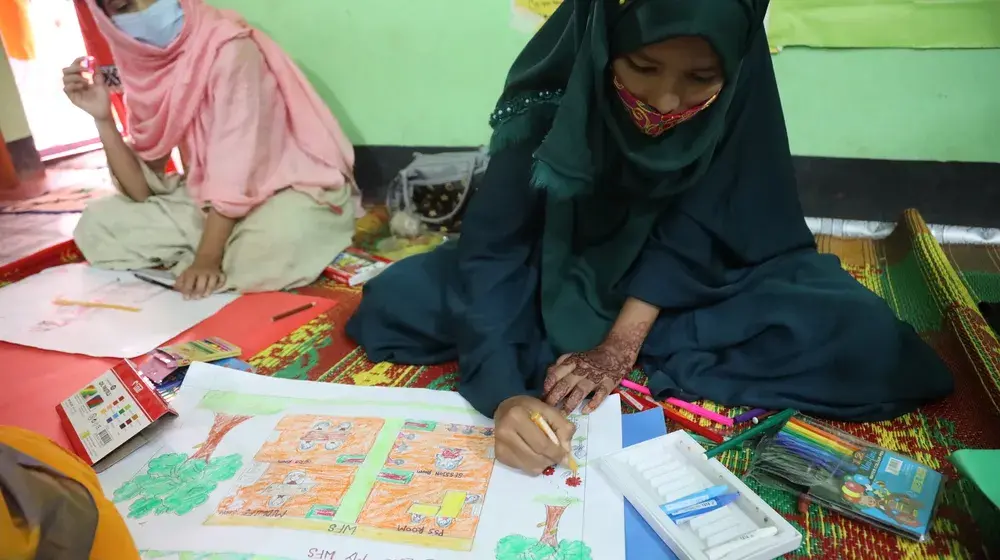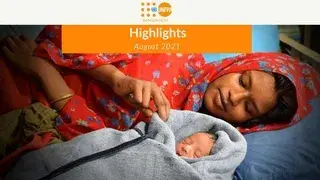To mark 16 Days of Activism Against Gender-Based Violence, we are sharing the story of a woman from Patuakhali District, Bangladesh who was able to put an end to her husband’s domestic abuse by contacting a case worker from UNFPA’s ASTHA project.
“My family was poor, so I was married off at a very early age to an older man. From the start, I was physically abused by my husband. One day I realised that this environment was not safe for me or my child. I decided to leave my husband’s house and I went back to my parents’ house with my child.
Everything was much better, until one day my husband came to meet us. He told me he wanted to take our son to the market to buy some clothes. He said that he will come back before evening. He left with my son.
It was getting late at night and his phone was switched off. I sensed something was wrong and I called my sister. She directed me to a caseworker. I shared my story with the caseworker and she referred me to a case manager. From there, I was assisted to go to the police station to file a complaint against my husband. At night, while waiting at the police station, the duty officer arrested my husband; my child was also with him. The duty officer warned my husband by saying that if he ever tortures me or our child physically or mentally again, that he will be put in jail.
My husband said that he will never make such a mistake again and that all he wants is to take us back home. My husband is now a changed person, and we only want the best for our child. Earlier, I used to think that I would have to live the rest of my life with violence. But so many people supported me - my sister, the caseworker, case manager, and police authority were all beside me. Since I am not alone anymore, the attitude of my husband and my in-laws has also changed.
I will make sure that my son grows up to fully respect all women and girls. I will raise him to be a true human being.”
Even amidst the challenging circumstances caused by COVID-19, UNFPA’s ASTHA project coninues to ensure a multi-sectoral coordinated response towards gender-based violence, by increasing the capacity of the health, social welfare, police and justice sectors to work together in ensuring a safer Bangladesh for women and girls. Just during the pandemic, the legal aid and referral services supported by the project have aided over 3000 survivors of gender-based violence in the country.





